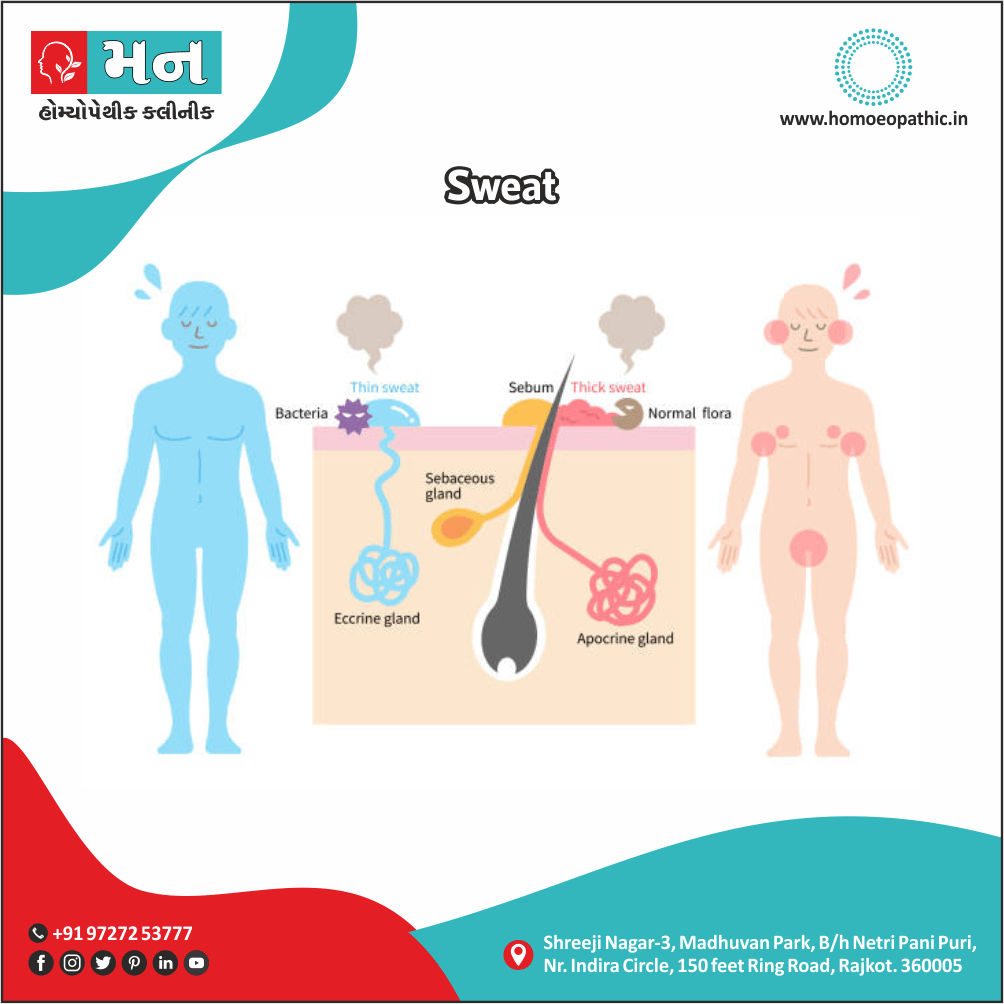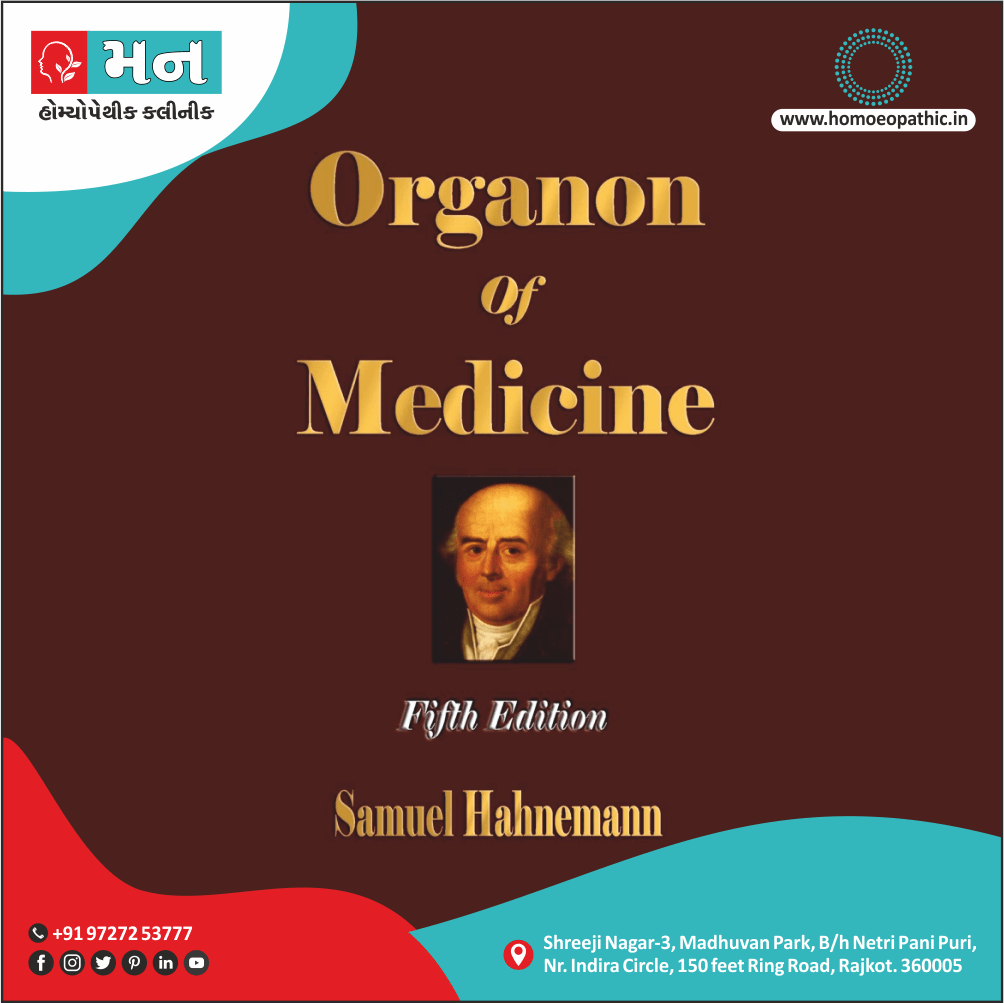Understanding Perspiration: Causes, Benefits, and Management
Perspiration, or sweating, is a vital bodily function that helps regulate temperature and eliminate toxins. This comprehensive guide explores the causes of sweating, its benefits for health, and tips for managing excessive sweating. Learn how to stay cool and comfortable while reaping the rewards of this natural process.
Homeopathy for Perspiration: A Natural Approach to Balancing Sweat
Discover how homeopathy can help manage excessive sweating (hyperhidrosis) by addressing its root causes. This article explores common homeopathic remedies for perspiration, their indications, and how a homeopath selects the most suitable treatment for your individual needs. Learn about the gentle yet effective approach of homeopathy in restoring balance to your body’s natural sweating mechanisms.


